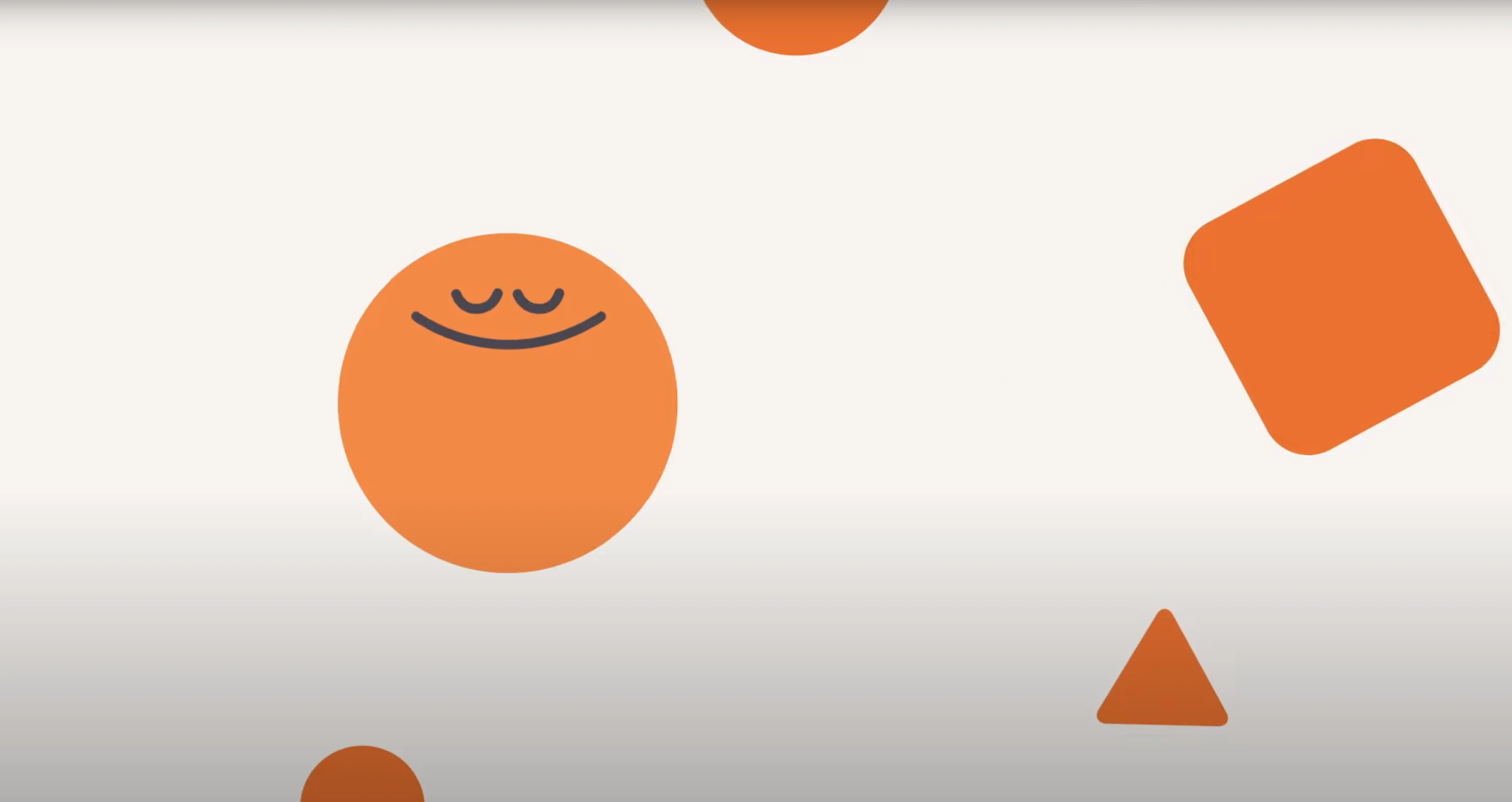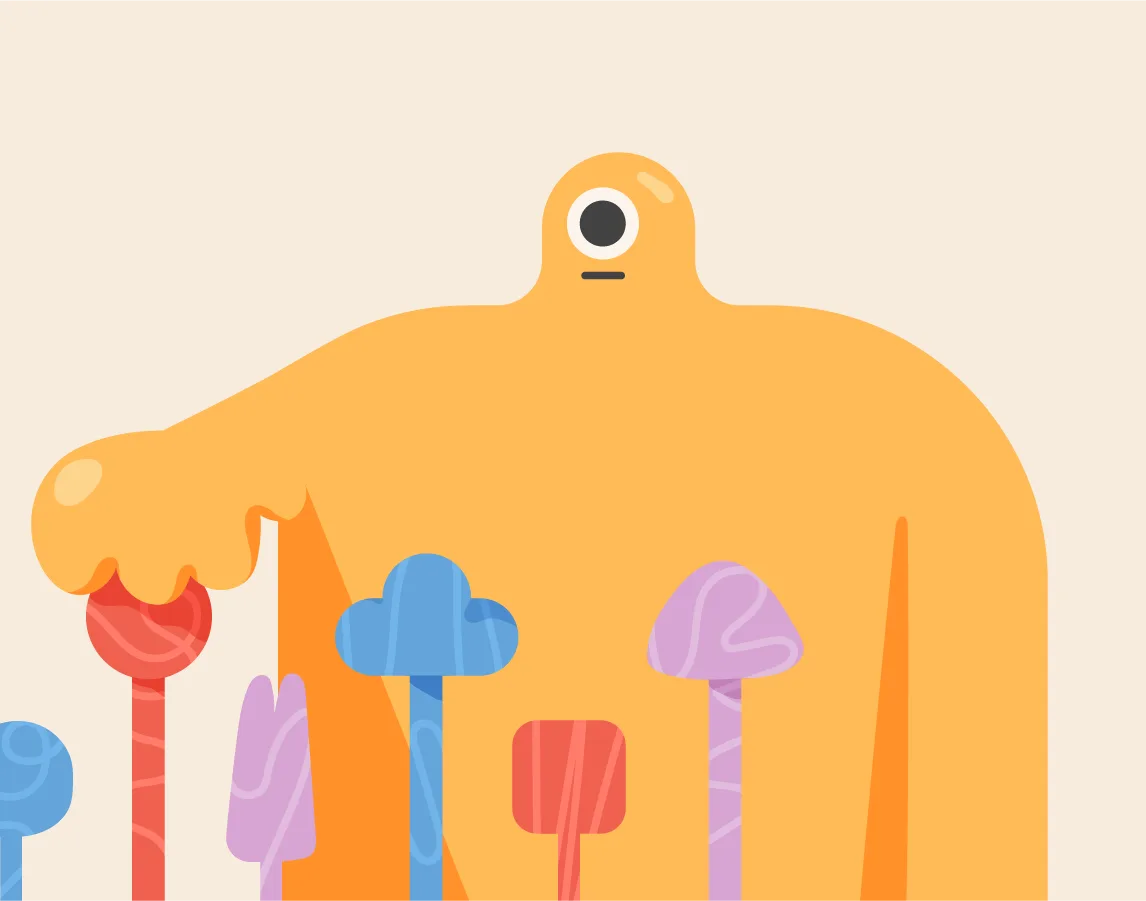Your brain on indecision: how being wishy-washy is wasting your mental energy

"Latté or pour-over?" It’s an insignificant decision, but on this particular day, I’ve exhausted my quota for decision making, no matter how small. I stare at the barista for a moment before asking for a moment and inching away from the counter.
Try a free mini meditation on self-care

A Mini Meditation on Self-Care
4 mins
The paralyzing power of indecision
After a minute or two of examining the menu, which contains six items total, I realize I don’t know what I want and opt for the “barista’s choice.” It’s frustrating, but I keep coming back to the same issue. When it comes to making decisions—insignificant choices about food and drink, and weightier ones, like whether or not we should sell our house—I find myself feeling stuck. I’m overwhelmed by possibilities. It makes sense when I struggle with choices that involve home loans, new jobs, or my kids’ education; the potential outcomes intimidate me. What I don’t understand is why the small decisions, the ones that matter less seem to require as much effort as the significant ones. Even when the potential outcomes are fairly neutral, I struggle to determine exactly what I want.
Why multitasking makes decision-making harder
It may have less to do with the decisions themselves and more about the approach. By making too many decisions, both big and small, every decision can start to feel hard. “Humans are terrible at multitasking,” said Dr. Jana Scrivani, a licensed clinical therapist. “Despite everything our society is trying to tell us, that we should be really proficient in multitasking and be able to watch television, making dinner, watch our children and check work emails all at the same time, research really shows that our performance suffers when we try to do more things at one time. The same holds true for decision making.” Scrivani went on to explain that, for some, it goes deeper than having too many decisions on their plate: worry is at the root of an inability to make decisions. When you’re worried about the choices you need to make or the potential outcomes of those choices, it isn’t uncommon to respond with avoidance. At the time, it probably feels easier to allow our minds to be distracted by other, less impactful decisions, but in the end, the larger decisions still loom. “Mindfulness or meditation can actually help you to maintain your focus. It’s like building a muscle and when you learn how to focus on one thing at a time, to make decisions one at a time instead of hopping from decision to decision, you will actually be able to better focus on the decision at hand.”

Using mindfulness to overcome decision paralysis
Mindfulness can be a valuable tool if you’re overwhelmed with worries about the future, fear of what others might think, or memories of past experiences, as it teaches you to focus on the present without passing judgment. Scrivani suggests sitting with your self, investigating the judgments as you experience them, and restating them in a more helpful way. “It’s human nature, we evolved to judge and it’s how we make quick decisions, but our judgments don’t always serve us well,” she explained. “If I can restate [a judgment] in a less judgmental way, such as, ‘I notice I am having a lot of thoughts about my last job and experiencing concern that my new job is going to be the same…’ it can keep you from getting mired down in the decision-making process.” My own inconsistent mindfulness practice is getting a little more attention these days—as a mom of young kids, I’m making decisions for myself and three other people. Additionally, I’m finding a few practical changes that are helping, like eliminating distracting decisions so I can focus on the more important ones. In my life, this has meant prescribing to a meal plan and corresponding grocery list, adopting a daily uniform, and even committing to the same drink at each visit of the coffee shop. Eliminating decisions that matter less saves my mental energy so I can focus on the choices that require more careful thought and consideration—and spend less time holding up the line at the coffeeshop.


Be kind to your mind
- Access the full library of 500+ meditations on everything from stress, to resilience, to compassion
- Put your mind to bed with sleep sounds, music, and wind-down exercises
- Make mindfulness a part of your daily routine with tension-releasing workouts, relaxing yoga, Focus music playlists, and more
Annual - billed at $69.99 USD/yr
14 days free
$5.83 USD/month
Monthly
7 days free
$12.99 USD/month


Stay in the loop
Be the first to get updates on our latest content, special offers, and new features.
By signing up, you’re agreeing to receive marketing emails from Headspace. You can unsubscribe at any time. For more details, check out our Privacy Policy.
- © 2025 Headspace Inc.
- Terms & conditions
- Privacy policy
- Consumer Health Data
- Your privacy choices
- CA Privacy Notice






